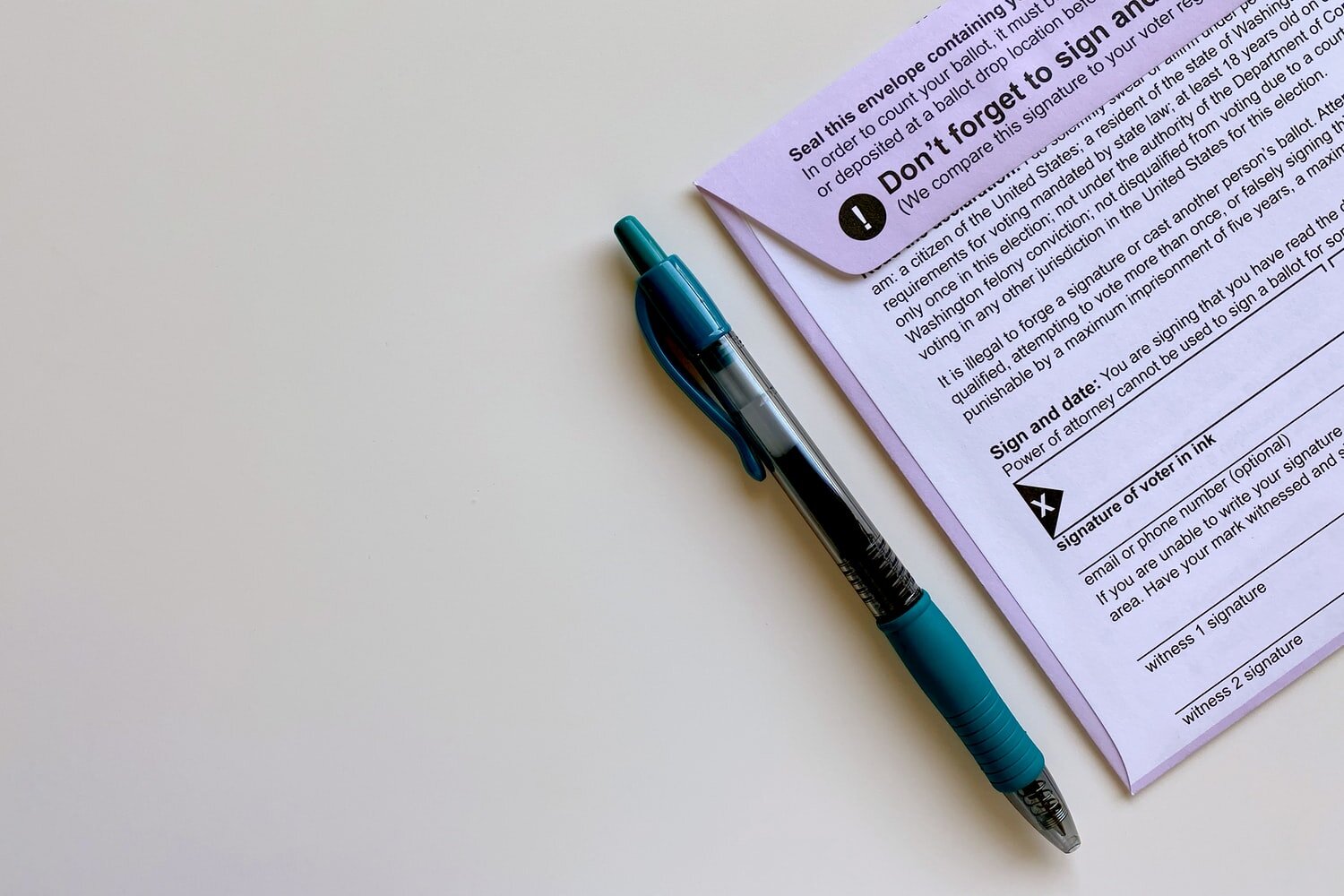Analysis | How proposition results could impact college students
There were 12 propositions on this year’s ballot for California voters, but the outcomes of these five could prove the most important to Chapman students. Unsplash
Nov. 4, 9:34 p.m. PT: Registered voters in California had the opportunity to vote for 12 different propositions and issues concerning the state. Out of the five we highlighted in early October, here are the current results from the 72% of the golden state’s counted ballots.
Proposition 16: Affirmative action
What is it: Proposition 16 would repeal a 1996 measure that banned the use of race-based and sex-based affirmative action.
Verdict: Approximately 56% of registered Californians voted against Proposition 16. With this vote, government agencies cannot consider race or sex during the hiring process. This vote also applies to public university admissions, which include the University of California and the California State University systems.
Proposition 18: 17-year-olds voting in primary elections
What is it: Proposition 18 would allow 17-year-olds to vote in the primary election, assuming they would turn 18 by the upcoming general election and they meet all other voting requirements.
Projection: Although the final verdict on this proposition has not been made, 55.1% of counted ballots thus far have voted against the proposition. If this stands, 17-year-olds will remain ineligible to vote in primary elections, even though they will become old enough to vote in the upcoming general election.
Proposition 21: Rent control
What is it: Proposition 21 would allow local local governments to enact rent control on properties over 15 years old
Verdict: California has conclusively voted against Proposition 21, with nearly 60% of voters disapproving the move for more government control. This means that local governments won’t further intrude on previously established rent control in California. City and county rent control will continue to be mandated through the 1995 Costa-Hawkins Rental Housing Act.
Proposition 22: App-based drivers’ employment status
What is it: Proposition 22 would allow ride-share companies such as Uber or Lyft to classify their drivers as independent contractors rather than employees.
Verdict: Approximately 58% of California voters have voted for Proposition 22. This means that app-based drivers will be classified as independent contractors, superseding a 2019 state law known as Assembly Bill No. 5 that would have granted drivers full employment with worker’s benefits. As a result, Uber, Lyft and other rideshare or delivery agencies will be able to deny their drivers healthcare and unemployment insurance.
Proposition 24: Consumer data privacy
What is it: Proposition 24 would give consumers the power to prevent businesses from sharing personal information, such as geolocation, race and health information.
Verdict: Most registered Californians supported Proposition 24, with 56% of voters approving. With the verdict, some loopholes in the California privacy law will be closed, with a new state agency sharing responsibilities with the Department of Justice to oversee consumer privacy.

